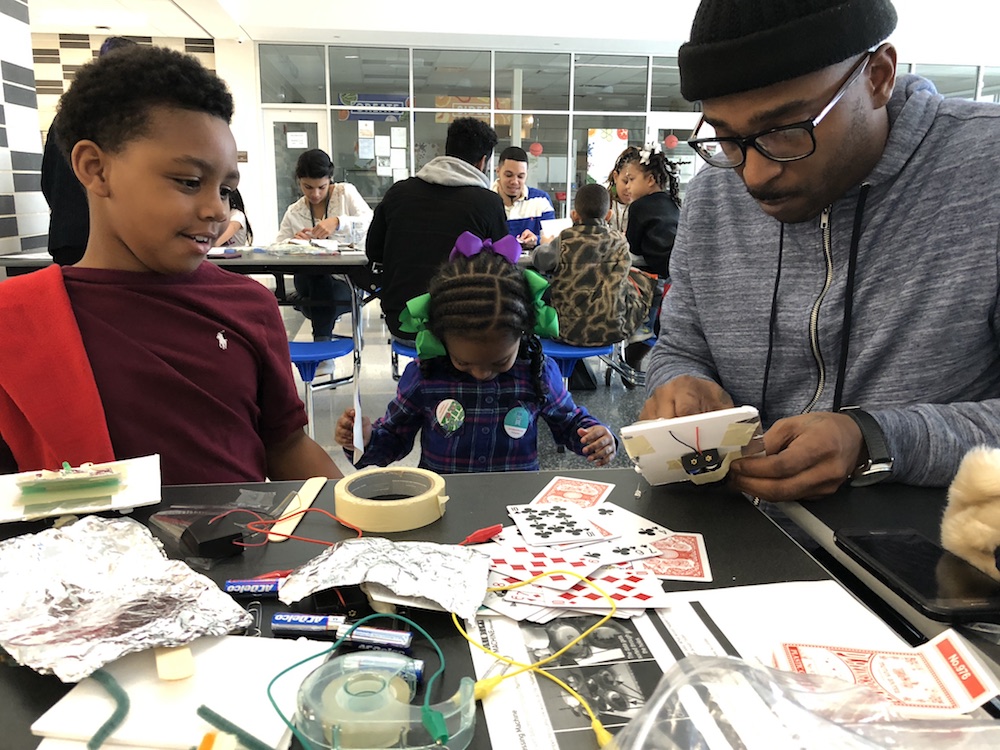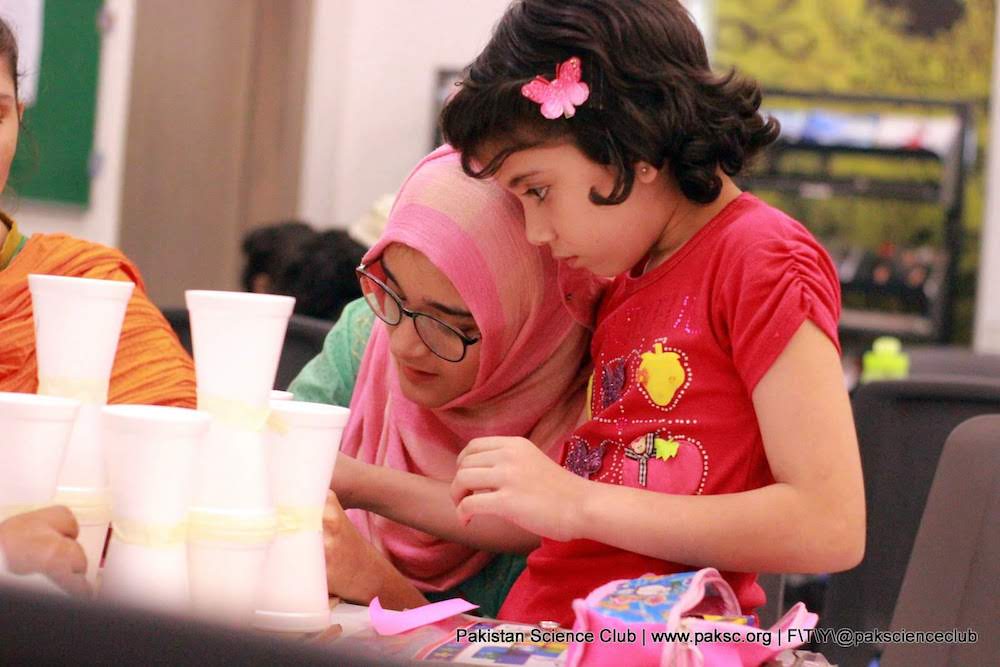A recent study commissioned by Iridescent revealed 78% of underrepresented families want to learn more about technologies like AI despite their mixed emotions about how these technologies work and their potential impact on jobs. The online study, conducted by VeraQuest, found that while 80% of low-income families believe technologies like AI will take away too many jobs, the interest to learn about new, “mysterious” technologies is high. However, access to these educational opportunities remain a significant barrier; more than 75% of children from low-income families don’t have access to technology programs. The study surveyed parents of third-eighth graders to better understand their views of Artificial Intelligence (AI) and their children’s learning experiences.
“I feel AI needs to be monitored closely. It has a proper place but can be intrusive in personal rights. [At the same time], keeping up with new technology stimulates my child’s abilities and helps her to be more creative.”
— Father surveyed
Non-traditional learning opportunities is one way parents are addressing how to best “tech-proof” their families. In fact, the study found low-income families, and single black mothers especially, are more interested in out-of-school technology education—such as taking a class, joining a club, or participating in events for more guidance—than other demographics.

Photo courtesy of: KIPP New Orleans Schools
“Technological change is happening faster than ever before and our education system can’t keep up, especially in low-income areas where fear of emerging technologies like AI is strong,” said Tara Chklovski, Iridescent founder & CEO. “We must create programs that change the negative perceptions people in underserved communities have about AI while also supporting the development of future job skills. This is what we’ve set-out to do with our AI Family Challenge”

Photo courtesy of: Pakistan Science Club
The AI Family Challenge (AIFC), is the first AI program for children ages 8-15 and their families. The free program introduces AI concepts in a way that makes AI technology education accessible to all communities, including those who’ve never used AI. In stage 1, basic AI concepts are taught through easy-to-follow, hands-on design-challenges about how machines like computers and autonomous vehicles make decisions. Concepts are reinforced through self-made games they play together. As they become more comfortable with prototyping and design learning, they move into stage 2 and begin learning and building more coding and robotics projects like making a robotic arm and face. In the final stage of the program, stage 3, families discuss machine learning and emotion detection by seeing and experimenting with how models are trained to recognize images, speech, emotions, and more. Equipped with this knowledge, parents and their children use what they’ve learned to identify and create an AI-based solution to a real problem in their community as part of the first AI World Championship.
“When you have a better understanding of something, it empowers you…I want [my daughter and I] to be empowered. Being involved in the AI Family Challenge definitely takes away our fears about AI and the future.”
—Dina, mother
In addition to the AI Family Challenge, Iridescent is hosting a series of AI-focused panel conversations with leading technology companies and researchers in communities around the country discussing how to support families, parents, and communities in the face of a rapidly changing world.
“Through our AI Panels we hope to provide a local, personal way, for families, educators, and communities at large to come together to discuss ideas, concerns, and learn about AI together,” said Chklovski. “AI still seems very distant for the vast majority of folks; it isn’t an easy concept to understand purely from reading a few online articles, and on top of that, there is a lot of noise and inaccurate information out there. Technological change and its impact on the future doesn’t discriminate—we all benefit from a better understanding of how AI will impact our lives, regardless of age or income level.”
About the Survey: Methodology
The survey was conducted online from January 11-17, 2018. The sample was comprised of 1,566 respondents in the United States ages 25+ who have a child in grades three through eight. The sample was constructed from U.S. Census proportions to be representative of the population based on age, income, education, race/ethnicity and geography. Targets were also used for residential status and grade level of child. The low-income group (585 respondents) also had targets for each of the above variables. These targets were created to be specifically representative of families earning under $50K annually with a child in third to eighth grade.
About Iridescent’s AI Family Challenge
Iridescent, in partnership with the Association for the Advancement of Artificial Intelligence (AAAI), the League of United Latin American Citizens (LULAC), NVIDIA Corporation, Google, GM, MI Dept of Ed, NY Dept of Ed, Idaho Dept of Ed, and L.A. Unified School District, is encouraging families to learn about Artificial Intelligence technology through the AI Family Challenge. The AI Family Challenge invites 3rd–8th grade students and their families to explore core concepts of AI research, apply AI tools to solve problems in their communities, and have an opportunity to enter their ideas into a worldwide competition. To learn more about the AI Family Challenge program, visit www.curiositymachine.org.


